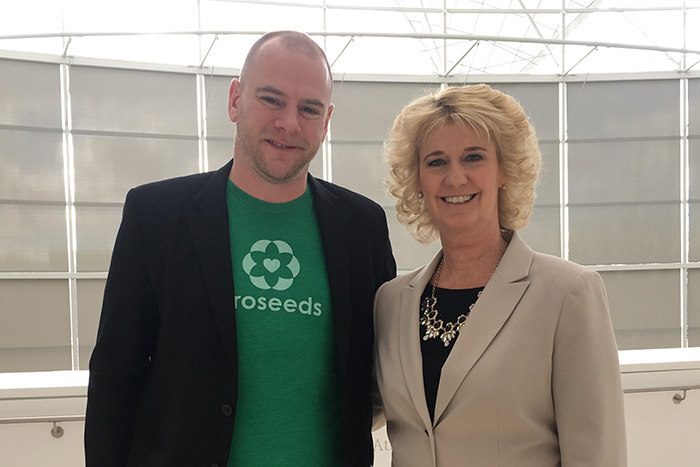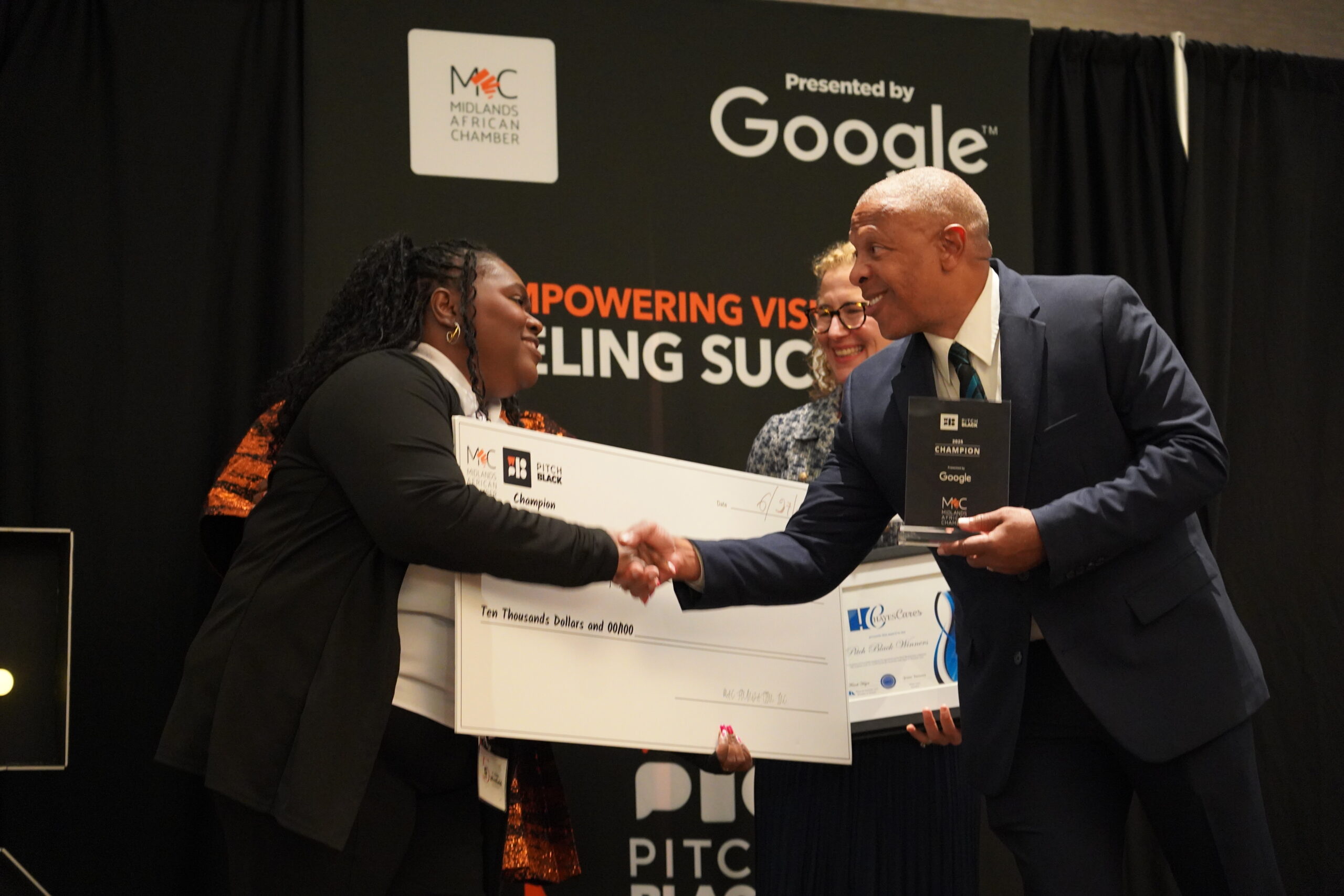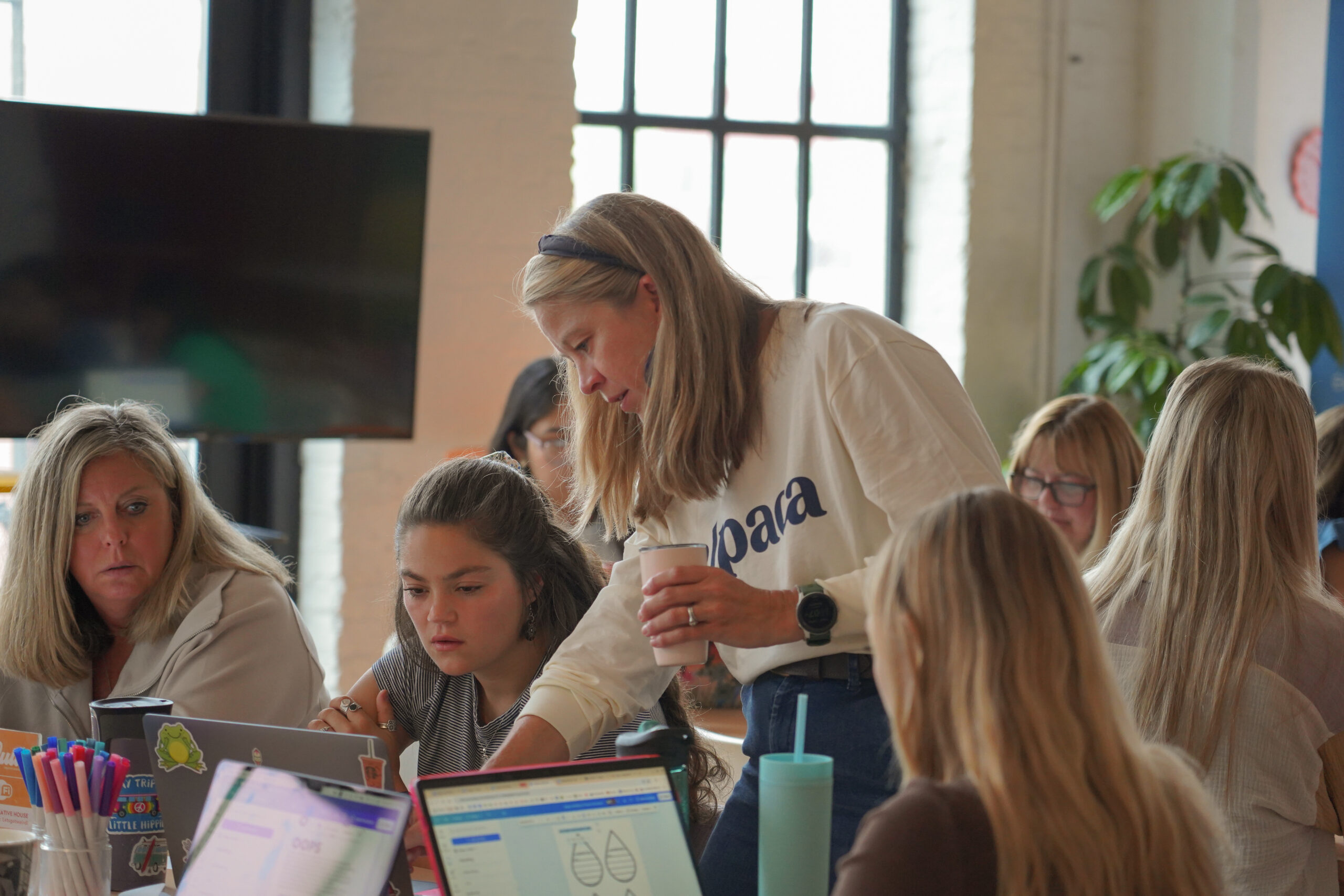
After being a finalist in the Kauffman Foundation’s 1 in a Million Competition this year, Jared Bakewell, President and Co-Founder of Omaha-based Proseeds, had the opportunity to attend the 8th Annual State of Entrepreneurship Address in Washington D.C.. This week we talked to Bakewell about some of the entrepreneurial research, challenges and solutions that were presented at the event.
SPN: What did the address cover?
JB: Wendy Guillies, the President and CEO of the Kauffman Foundation, gave the address. The address focused on trends that the Kauffman Foundation has seen in their research of entrepreneurial data. This year, they identified three trends that are basically shaping up the future of entrepreneurship in our country.
The first trend focused on the demographics of entrepreneurship, and how although our country is becoming more diverse, there is still an under-representation of minorities in the entrepreneurial community. That refers to different races as well as women.
The second trend had to do with the new map of entrepreneurship. I’m particularly interested in this trend because entrepreneurial activity is spreading to places other than the stereotypical entrepreneurial hubs in the largest U.S. cities.
The third trend focused on the new nature of entrepreneurship, which refers to entrepreneurs leveraging technology and doing more with less people.
SPN: Were there any solutions presented for these issues?
JB: I would say there [were] two components to the address– Wendy gave the address, and then Victor W. Hwang, the Vice President of the Kauffman Foundation’s entrepreneurship program, took the trends that exist in entrepreneurship and rolled it up into their Zero Barriers to Startup movement.
After Wendy explained the environment of entrepreneurship, we discussed different methods at our tables on how to address some of these complex issues. My table was made up of venture capitalists, policy makers and people from the Kauffman Foundation. I was the only entrepreneur at my table, so they were super interested in hearing about the challenges I’ve faced in my business, and how they can adapt governmental policy to remove as many of those barriers as possible.
SPN: What was your table’s issue/solution?
JB: Our table was charged with coming up with ideas to combat the shrinkage of entrepreneurship in rural areas. Our solutions ranged from making high-speed internet accessible in rural areas to providing additional entrepreneurial education at the elementary to high school levels in those communities. Overall, there were a lot of ideas that the Kauffman Foundation can take back and digest.
I was unfamiliar with the State of Entrepreneurship Address prior to this, but the more involved I get with the Kauffman Foundation, the more I’m starting to understand the depths at which they are champions and advocates for entrepreneurship, not just in the Midwest, but all over the country.
SPN: Can you explain the Zero Barriers campaign?
JB: Zero Barriers is a campaign in which the Kauffman Foundation is trying to reduce the challenges, risks and difficulties that entrepreneurs have when starting their own businesses. The campaign combines policy and research with the Kauffman Foundation’s core entrepreneurship initiatives. That all stems from Ewing Kauffman’s, the founder of the Kauffman Foundation, belief that entrepreneurs should be able to easily start a company if they have an idea. He believed that entrepreneurs shouldn’t have to have a formal degree, and their race, gender or location shouldn’t be an issue when pursuing entrepreneurship.
SPN: What were some of your key takeaways from the event?
JB: Before I attended the address, I wanted to be more than just a voice for my company. I wanted to reach out to the Nebraska entrepreneurship community and gather feedback on their concerns and issues as well. Those essentially amounted to a handful of key problems that entrepreneurs in our community are facing, and they include things like: incentivizing talent to move here from the coast, access to capital, the capacity to crowdfund businesses, creating a stable environment in immigration and affordable health care. I spent the majority of the event talking to policy makers about these struggles. I found that they were at least willing to listen, and at maximum I had the impression that their notes would be taken back to members of Congress.
I also found that there is an increased focus by concerned individuals about changing the flow of venture capital to support entrepreneurs outside the major hubs in the U.S. There were venture capital firms and venture capitalists that I was able to interface with as a part of this visit, and they seemed interested in funding social enterprises, which is really refreshing and exciting for me because we’re raising capital right now to grow Proseeds beyond Omaha. If those resources don’t exist in our own backyard, I’m learning more and more that we need to be traveling to put ourselves in front of those opportunities.




